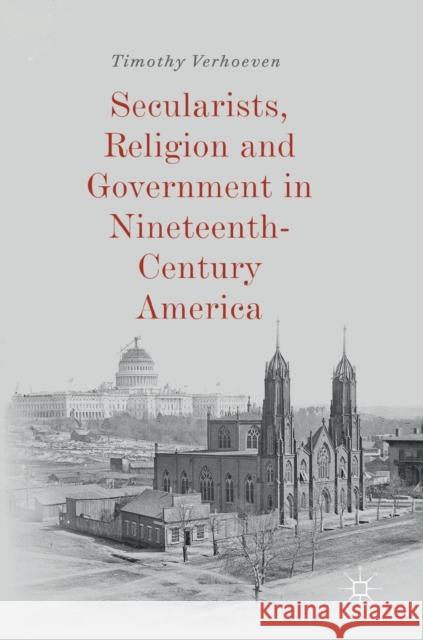Secularists, Religion and Government in Nineteenth-Century America » książka
topmenu
Secularists, Religion and Government in Nineteenth-Century America
ISBN-13: 9783030028763 / Angielski / Twarda / 2019 / 286 str.
Kategorie BISAC:
Wydawca:
Palgrave MacMillan
Język:
Angielski
ISBN-13:
9783030028763
Rok wydania:
2019
Wydanie:
2019
Ilość stron:
286
Waga:
0.63 kg
Wymiary:
21.01 x 14.81 x 2.39
Oprawa:
Twarda
Wolumenów:
01
Dodatkowe informacje:
Wydanie ilustrowane











